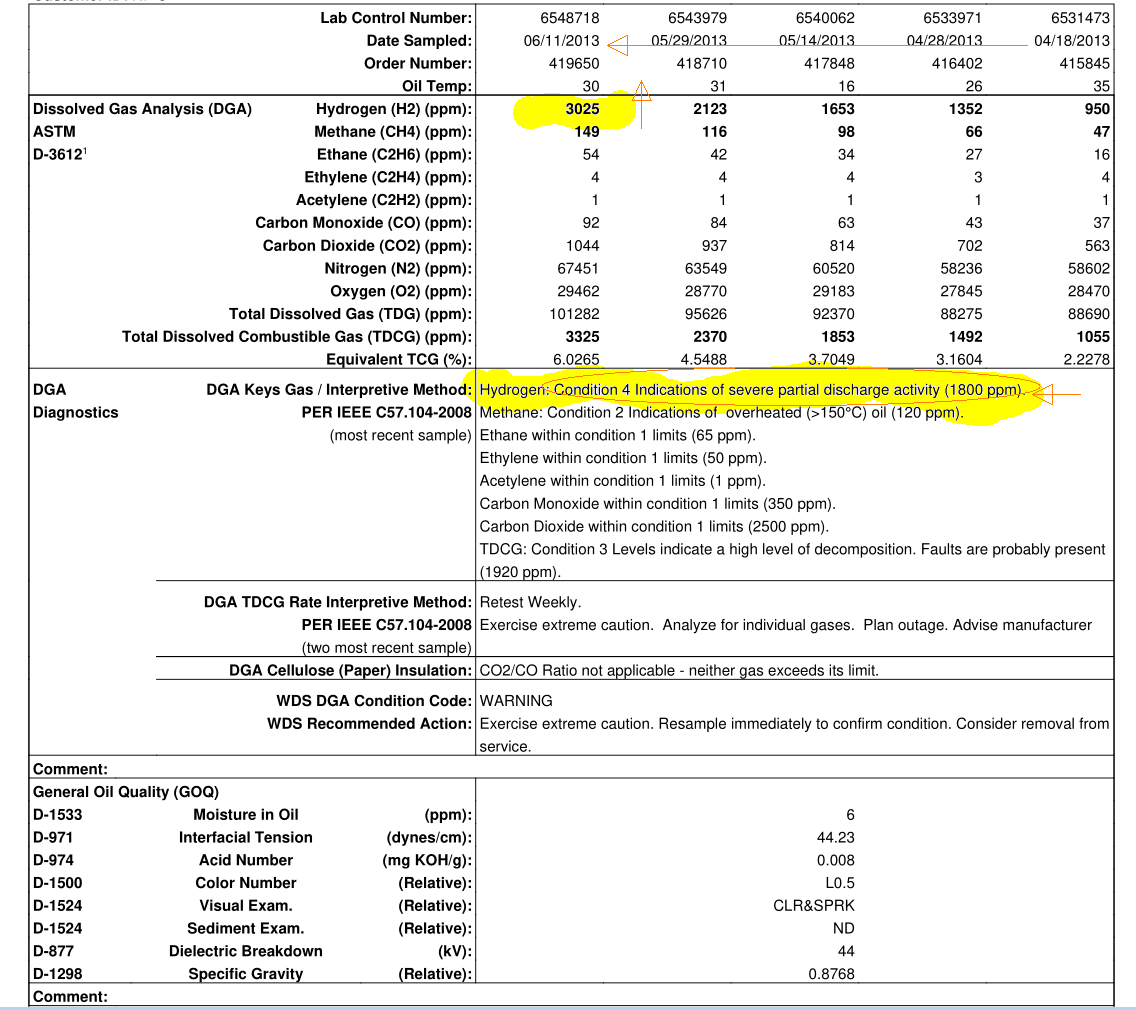When a transformer blows, it interrupts electrical service, regardless of type. Interrupted service does not control your breaker.
A transformer blows because it's internal oil insulation ignites before tripping upstream or internal over-current breakers due to an insulation failure , not necessarily an external event such as an unprotected lightning stroke or major solar event.
Your questions seem to assume a transformer blow-up is caused by a shared external over-voltage or over-current event.
More likely it is caused by an internal insulation failure in the transformer oil insulation that was caused by the activation or major ignition energy being exceeded with a runaway internal combustion. These catastrophic events are minimized by best practices of routine oil sample tests and other condition-based diagnostics. A short-circuit through detonation of combustible gasses dissolved in the oil is the predominant final cause perhaps aggravated by pyrotechnic internal temperatures. There can be many causes. Transformer oil is a very high quality insulator until it becomes contaminated. The series of DGA tests below are one category of tests to measure contamination.
Here is an example of a standard oil sample test that if passed is not done until maybe a year later if values are low. But in this case within <1 yr old was taken output service before H2 reached the 4% Lower Explosive Level dissolved in oil from PD.

In some parts of the world these tests are not done as diligently and risk of explosion on this 5 MVA transformer would be high within 1 year after these tests. In this case it was removed from service before risk was severe although PD activity was severe, that would not cause any abnormal power symptoms.

